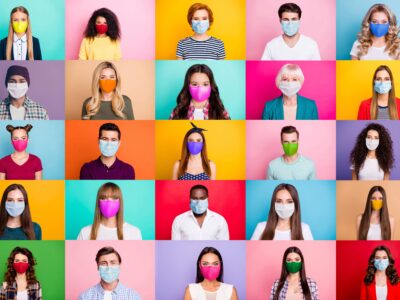As the summer rages on, coronavirus infection rates continue to climb across the country. States such as Texas, Arizona and Florida are seeing record spikes on an almost daily basis. As of July 15, there were more than 3.41 million infections and at least 134,000 deaths from the virus in the US, and it’s not done. Unfortunately, in the midst […]
Coronavirus
Category Pages are limited to 10000 days. Please use the archive page or the search box to find older articles.




